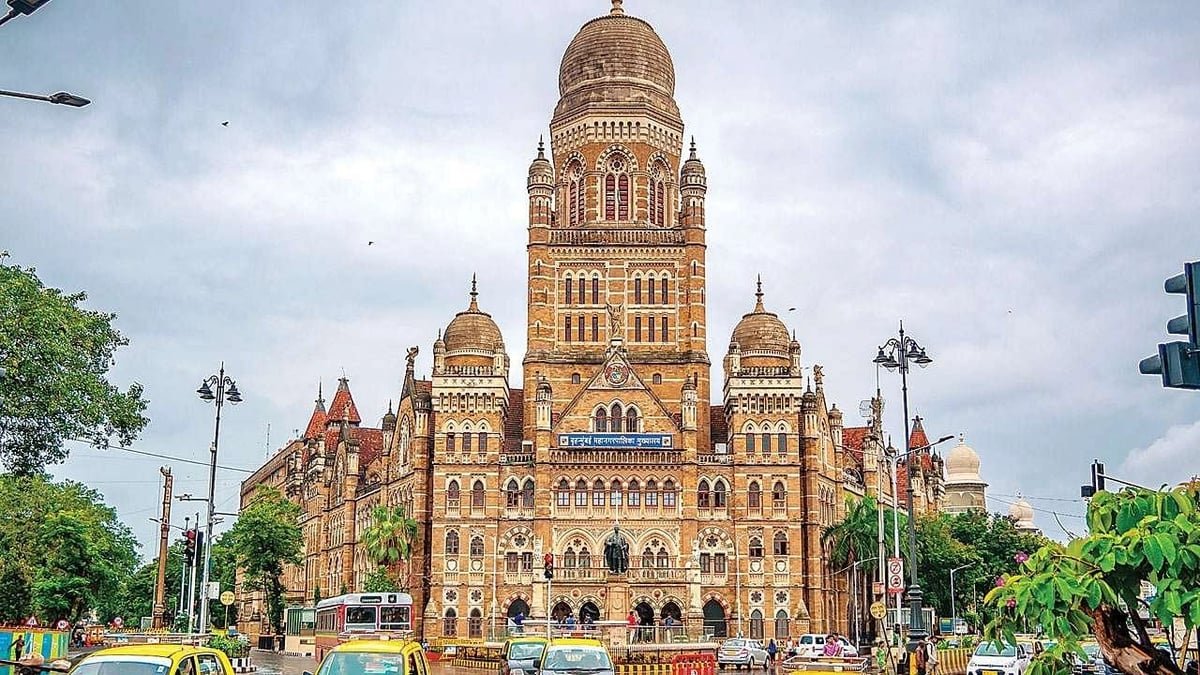Mumbai: With the monsoon drawing to a close and pollution levels expected to rise once again, the Brihanmumbai Municipal Corporation (BMC) is gearing up to resume its road-washing deep clean-up initiative aimed at controlling dust and air pollution. The civic body’s Environment Department has announced that the large-scale road-cleaning operations will recommence in November, with a fleet of high-capacity water tankers being deployed across the city’s wards.
To mitigate dust pollution, particularly heightened after the monsoon season, the BMC will rent water tankers ranging in capacity from 5,000 to 9,000 liters. According to officials, this initiative is essential as the city’s air quality typically deteriorates in both the summer and winter months due to a variety of factors, including construction activity, vehicular emissions, and industrial pollutants.
“We have observed significant progress in our efforts to address air quality issues,” an official from the BMC’s Environment Department said. “While we still face challenges in securing full cooperation from the public, we are gradually changing perceptions about the importance of these campaigns. The road-washing initiative has proven to be an effective way to reduce dust and lower pollution levels across all our wards.”
Mumbai’s air pollution problem is exacerbated by a surge in infrastructure and redevelopment projects, which have significantly contributed to increased dust and particulate matter. The combination of ongoing construction, vehicular emissions, and industrial pollutants has made air quality management a top priority for the city’s administration.
Last year, Chief Minister Eknath Shinde had directed the BMC to implement road washing as part of a broader effort to curb rising pollution levels, especially during the post-monsoon and winter periods when air quality tends to worsen. The program, which involves washing public roads with high-pressure water, was launched under his orders, with department-level coordination playing a key role in its implementation.
In some wards, larger capacity tankers were utilized, while others relied on smaller ones, depending on the requirements of each area. This year, the Solid Waste Management Department has decided to rent 106 tankers, which will be deployed for three months to carry out the operation. Each tanker will make two trips daily, resulting in a total of 212 trips across the city every day.
The municipal administration has already prepared the necessary proposals for the campaign, which is expected to reduce both dust pollution and the harmful impact of vehicular emissions in densely populated areas.
Mumbai’s pollution is driven by a combination of factors, including rampant construction, emissions from vehicles, and the burning of conventional fuels. The city’s booming redevelopment projects further compound these issues, creating a situation where pollution control measures need to be continuously reinforced.
“This initiative has been instrumental in controlling dust and reducing the overall pollution burden in the city. Post-monsoon, this becomes even more critical as dry conditions make it easier for dust to spread,” the official added.
However, the campaign still faces limitations, particularly when it comes to the environmental sustainability of the operation. The Maharashtra Electric Vehicle Policy 2021 mandates that government vehicles should prioritize the use of electric or eco-friendly alternatives. Currently, the road-washing fleet consists of diesel-driven tankers, as electric options are not available for hire at this scale.




